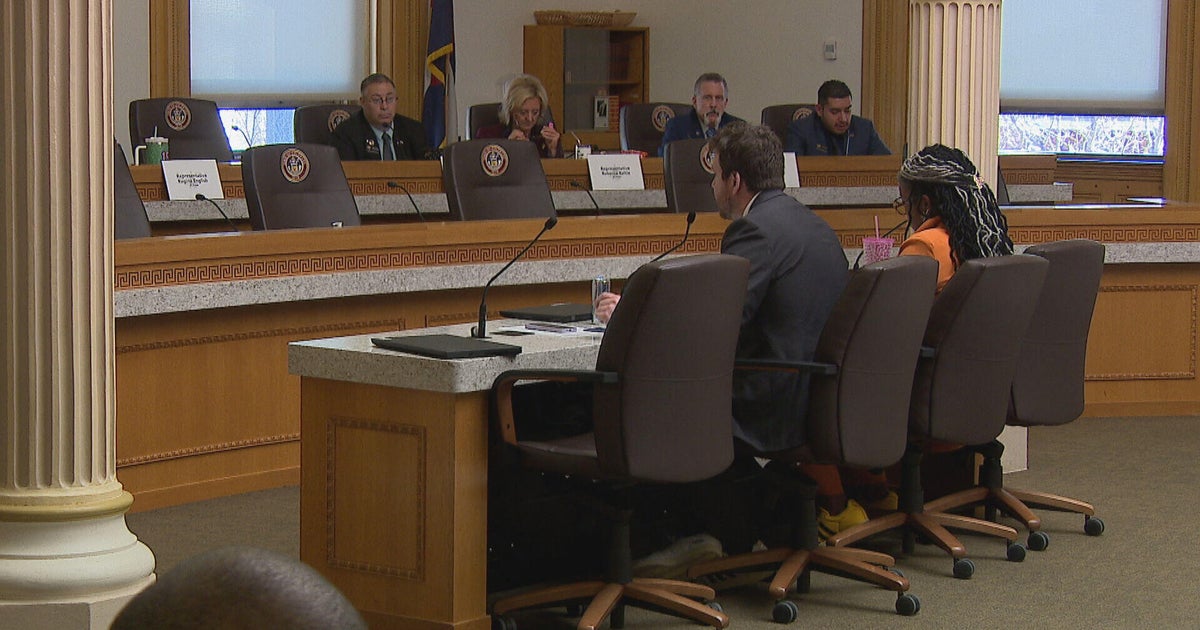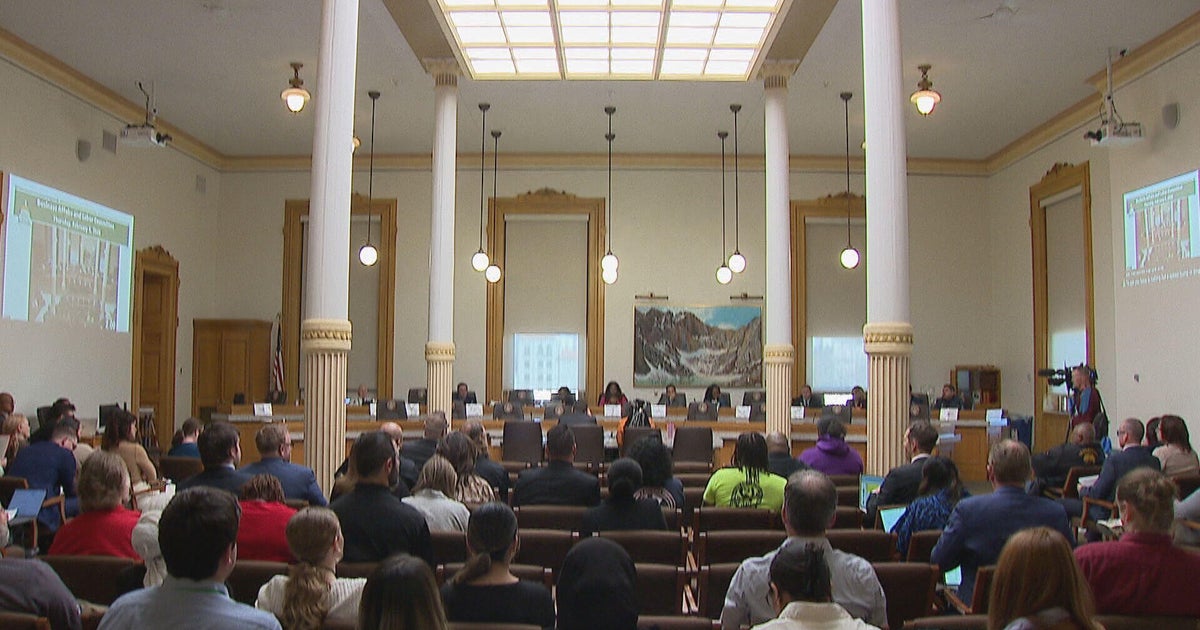Nabisco workers in five states end company's first strike in 52 years
More than 1,000 Nabisco workers in five states are returning to their jobs this week after striking since early August over the snack giant's proposed changes to longstanding work and pay rules that included turning eight-hour shifts into 12-hour ones without overtime.
Employees overwhelmingly approved a contract on Saturday, their union, the Bakery, Confectionery, Tobacco Workers and Grain Millers International Union, or BCTGM, said.
Nabisco workers had said their first strike in 52 years is about keeping what they already had as employees producing Oreo cookies, Ritz crackers and other snacks for Nabisco parent Mondelez International.
The four-year labor accord "preserves our union's high standards for wages, hours and benefits for current and future Nabisco workers," Anthony Shelton, BCTGM's president, said in a statement.
The union did not immediately respond to a request for more specific comment. But photos of the agreement posted on Twitter by the activist group More Perfect Union indicated the workers would get a 2.25% pay hike this year and then a raise of 60 cents an hour for each of the next three years.
"Our goal has always been to reach agreements that would provide our union-represented colleagues with good wages and competitive benefits, while also positioning our U.S. bakeries and sales distribution facilities for future growth and success," Glen Walter, an executive vice president of North American for Mondelez, said in a statement posted on the company's website.
In the post, the global food conglomerate said the new contract is retroactive to March 1 and includes annual hourly pay increases and an increased company match to 401(k) contributions.
The labor dispute that ultimately involved about 1,050 Nabisco workers in Colorado, Georgia, Illinois, Oregon and Virginia began in early August at a bakery in Portland before spreading to Chicago and elsewhere.
"We're fighting for a fair contract, no concessions," Yvette Hale, who has worked at Nabisco's Chicago bakery nearly 22 years, told CBS MoneyWatch last month. "Everyone is angry, as you never know if you're going to work eight hours, 12 hours or 16 hours."
Nabisco workers had been working without a contract since the end of May, with negotiations breaking down after Mondelez proposed changes that include turning eight-hour shifts into 12-hour ones without overtime. Workers would receive overtime on the sixth and seventh days, provided they worked their scheduled hours during the week. The company has also proposed that new hires shoulder additional costs of health insurance.
A spokesperson for Chicago-based Mondelez at the time said the proposed changes were intended to "promote the right behaviors" among workers and avoid paying employees a premium for weekend work if they call in sick during the regular work week.
"This is not about taking away overtime," the spokesperson said. Most Nabisco workers would not be affected by the changes, which would largely involve those involved in manufacturing products that are heavily in demand, she added.
Employees at Nabisco said working conditions deteriorated after the company was sold to Kraft Foods in 2000. Kraft Foods spun off its global snacks business as Mondelez International in 2012.
"Nabisco was a real big family, they treated us with respect. Mondelez just wants us to work, work, work — 16-hour days through this whole pandemic," said April Flowers-Lewis, who has worked at the Nabisco plant in Chicago for 27 years. "People are scared to come to work on Saturdays because they make us work 16 hours. We're short-staffed, but they don't want to hire."
Nabisco's management team worked from home during the pandemic, while production-line personnel were often on the job seven days a week, sometimes working 16-hour shifts, said Veronica Hopkins, the business agent for BCTGM Local 1, which represents roughly 345 workers at Nabisco's Chicago plant and another 25 workers at its facility in Addison, Illinois.
"Maintaining what we have"
"What this fight is all about is maintaining what we currently have. We're dealing with a company who in 2020 had a record year," Mike Burlingham, a Nabisco worker for 14 years in Portland and vice president of BCTGM Local 364, said in an interview with Status Coup News, distributed by the union. "This is a fight for the American middle class."
"If it wasn't for us in the factories and in the distribution centers getting the products on the shelves, there would be no record profits for these guys," he added.
While the strike was the first at Nabisco since one lasting 56 days in 1969, the company has faced more recent labor disputes. The city of Chicago announced in July that Mondelez would pay $475,000 in restitution to workers denied sick-leave pay, as well as a $95,000 fine, according to local PBS affiliate WTTW.
Mondelez said the company was in the midst of contract negotiations when a new law requiring one hour of sick leave for every 40 hours worked, or up to 40 hours in a 12-month period, took effect.
Mondelez had profits of $3.6 billion in 2020 on revenue of $26.6 billion.
Nabisco shuttered plants in Atlanta, Georgia, and Fair Lawn, New Jersey, in July after announcing the moves earlier in the year. Another source of friction for workers came when Mondelez eliminated pensions in 2018 and switched to 401(k) plans.
The Nabisco strike also come on the heels of a nearly three-week walkout by hundreds of Frito-Lay workers in Topeka, Kansas, protesting back-to-back 12-hours shifts with only eight hours off in between. Also represented by the BCTGM, the Frito-Lay workers are back on the job after ratifying a new union contract that guarantees them one day off a week.
Mondelez's decision to shift Oreo production from Chicago to Salinas, Mexico, became a presidential campaign issue in 2016, with Donald Trump vowing he'd stop eating the cookies and Hillary Clinton saying she'd remove tax breaks for companies that ship U.S. jobs to other countries.




